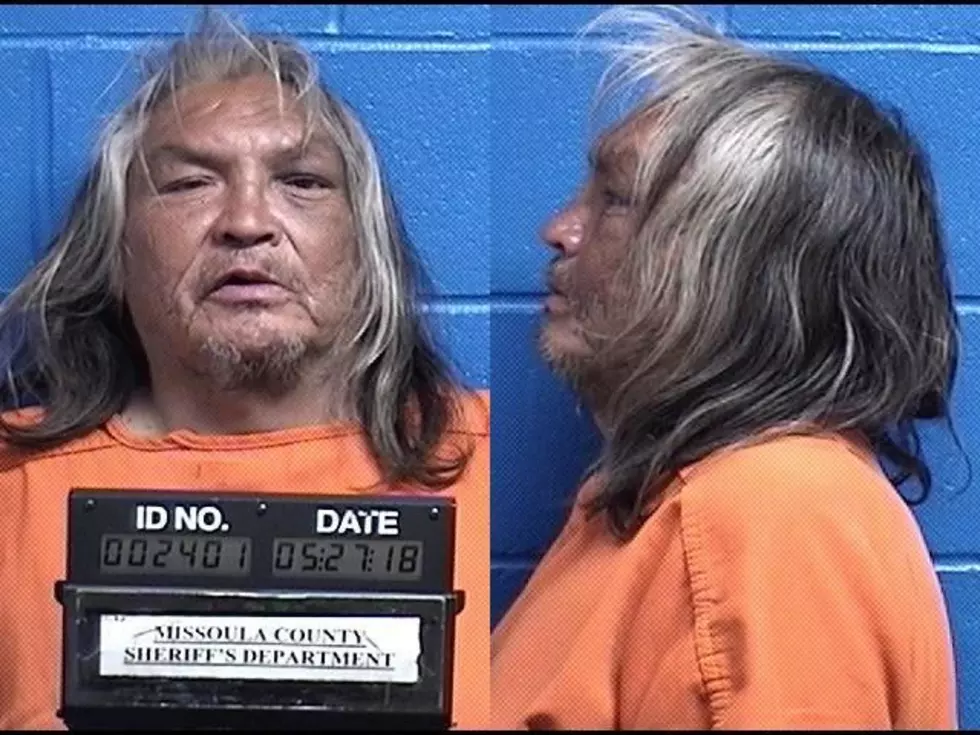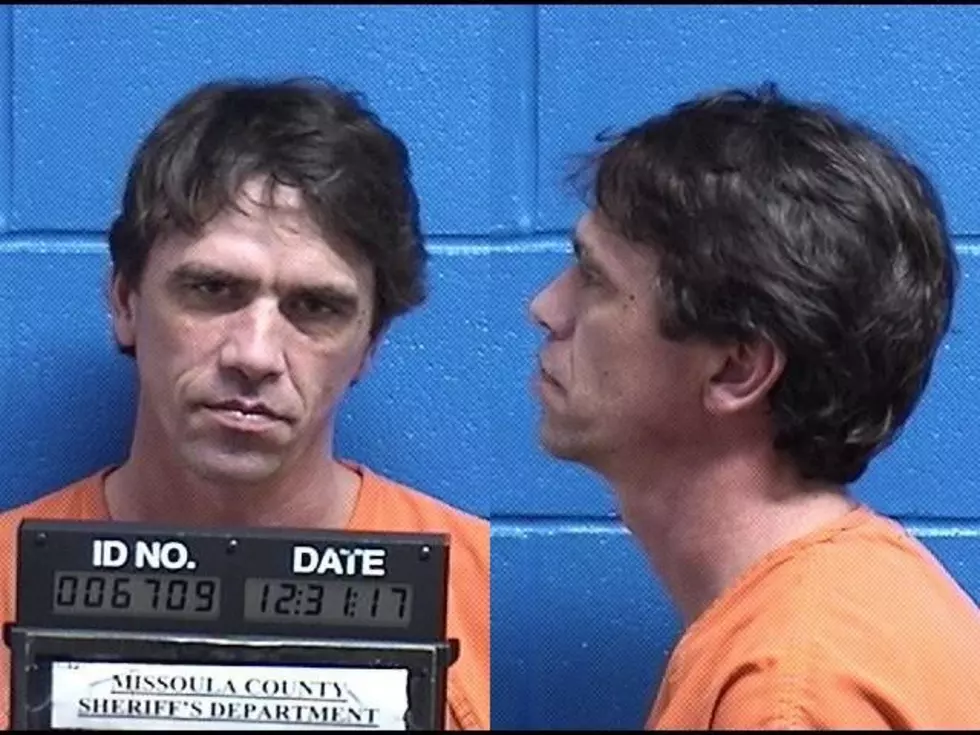Krakauer “Heckler” Gives His Side of the Story, Challenges Confirmation Bias in Missoula [Video]
Author Jon Krakauer has chided Rolling Stone's publication of "A Rape on Campus," a now infamous example of bad journalism about a college rape that never really happened, and even told Salon that "Rolling Stone has a lot to answer for," but when asked to give answers about his own work at a forum in Missoula, Krakauer took the microphone away from his questioner.
The incident happened just minutes after Krakauer admitted that he engaged in confirmation bias while writing his most recent book, "Missoula: Rape and the Justice System in a College Town." For questioner Thomas Dove, the admission of confirmation bias is key, and points to a fatal flaw in "Missoula," one that ends up doing "disservice to a very, very serious crisis."
Video of the incident is now widely available on YouTube, thanks to The Missoulian, but what is difficult to find is the full back-and-forth between Krakauer and Dove.
Publications like the East Oregonian have labeled Dove a "heckler," who "elbowed his way to the stage" and called Krakauer a "liar," but Dove's take on the incident is very different.
"It was advertised as a public forum," said Dove. "He asked for questions from the audience and said, 'I felt I needed to do something in Missoula to allow my critics to confront me.' The very definition of a forum as provided to us by Doubleday is a public meeting or lecture involving audience discussion. There was no audience discussion except for my questions, which I informed the Dean that I was going to ask."
Dove claims that he was given the microphone by the Dean. Video shows that same microphone being taken from Dove's hands by Krakauer just as Dove begins to pursue the issue of confirmation bias both in Rolling Stone and in Krakauer's comments in Salon. At that point, Dove and Krakauer have a private conversation, that can't be heard in available video.
Dove says he used a quote that Krakauer gave to the Missoulian to form the basis of the unheard question: "I got a lot of documents that I'm not supposed to have," Krakauer told Missoulian reporter Keila Szpaller, back on April 18.
"I said, 'Are these [documents] illegally in your possession?'" Dove said. "That's when he took the mic away from me. He told me, 'I'm not going to answer.'[Then] I asked 'did you break the law, either state or federal, in either obtaining or using these documents, such as violations of the Montana Criminal Confidentiality Act?' He said 'reporter's defense law.' He was very nervous there, that's when he walked away. This was all off the microphone, I was trying to get him to speak so that people could hear."
Whether or not the material in Krakauer's book was obtained legally or not, Dove said the main problem with Krakauer's book is confirmation bias. Dove said he was surprised at how quickly Krakauer admitted to participating in the same activity that became the downfall of "A Rape on Campus."
In the follow up piece in Rolling Stone titled "'A Rape on Campus' What Went Wrong," Columbia School of Journalism authors Sheila Coronel, Steve Coll, Derek Kravitz, point to confirmation bias as a fatal flaw in Rolling Stone's reporting and offer this description:
The problem of confirmation bias – the tendency of people to be trapped by pre-existing assumptions and to select facts that support their own views while overlooking contradictory ones – is a well-established finding of social science. It seems to have been a factor here.
Dove claims that Krakauer "cherry-picked" his sources, and even Krakauer admits to not performing interviews with the local Mayor, Missoula Police, the University of Montana administration, or County Attorney Kirsten Pabst, who recieved a large amount of the books criticisms.
"He's already admitted that he is biased, he has already admitted that he's in possession of illegal materials and that's not a very good place to be," said Dove.
Whether or not Krakauer and his book fall under the same scrutiny as Rolling Stone is yet to be seen, but for Dove, there are still serious questions about the journalistic integrity of "Missoula: Rape and the Justice System in a College Town," which, when answered, may end up hurting the very rape victims Krakauer set out to defend.
More From 96.9 Zoo FM









